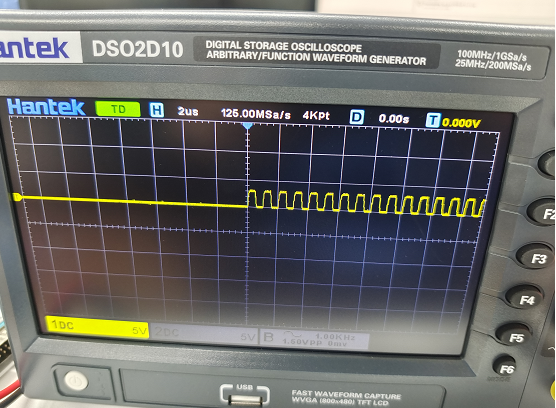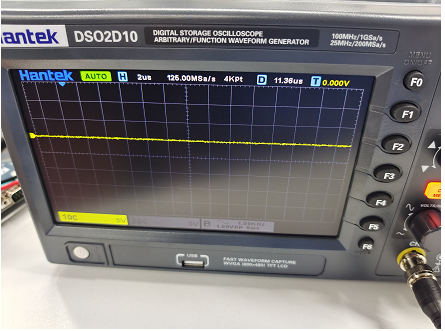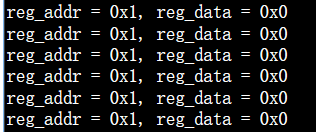Hello Nordic,
I want to use SPI master with bluetooth on nrf52840 board. When I use the project under nRF5_SDK_17.1.0\examples\peripheral\spi, I can see the clock signal under oscilloscope. But when I add the SPI master code into the project of nRF5_SDK_17.1.0\examples\ble_peripheral\ble_app_uart. I can not see clock signal under oscilloscope. And I notice that the SPI master is blank project, and the bluetooth is s140 project. Can you give me any suggestion about this problem?





